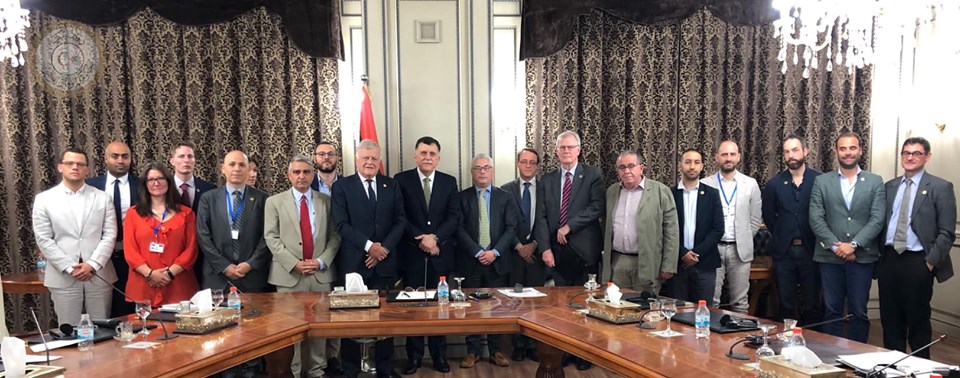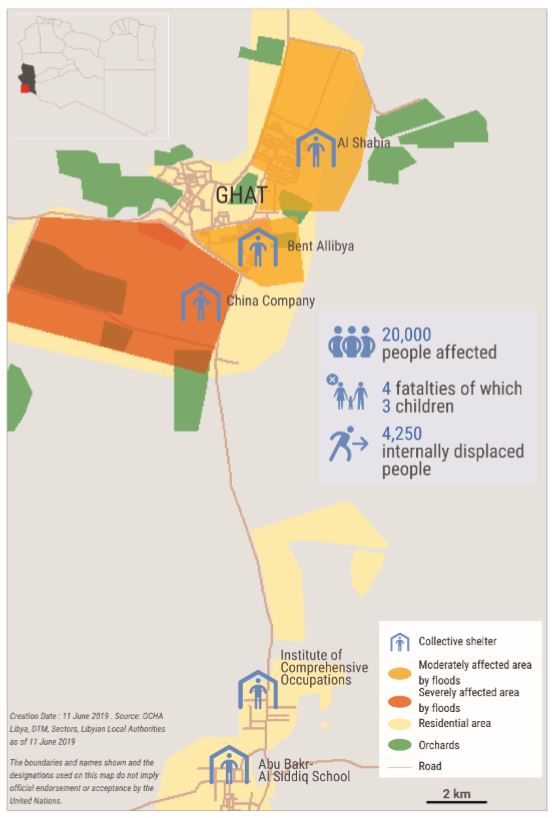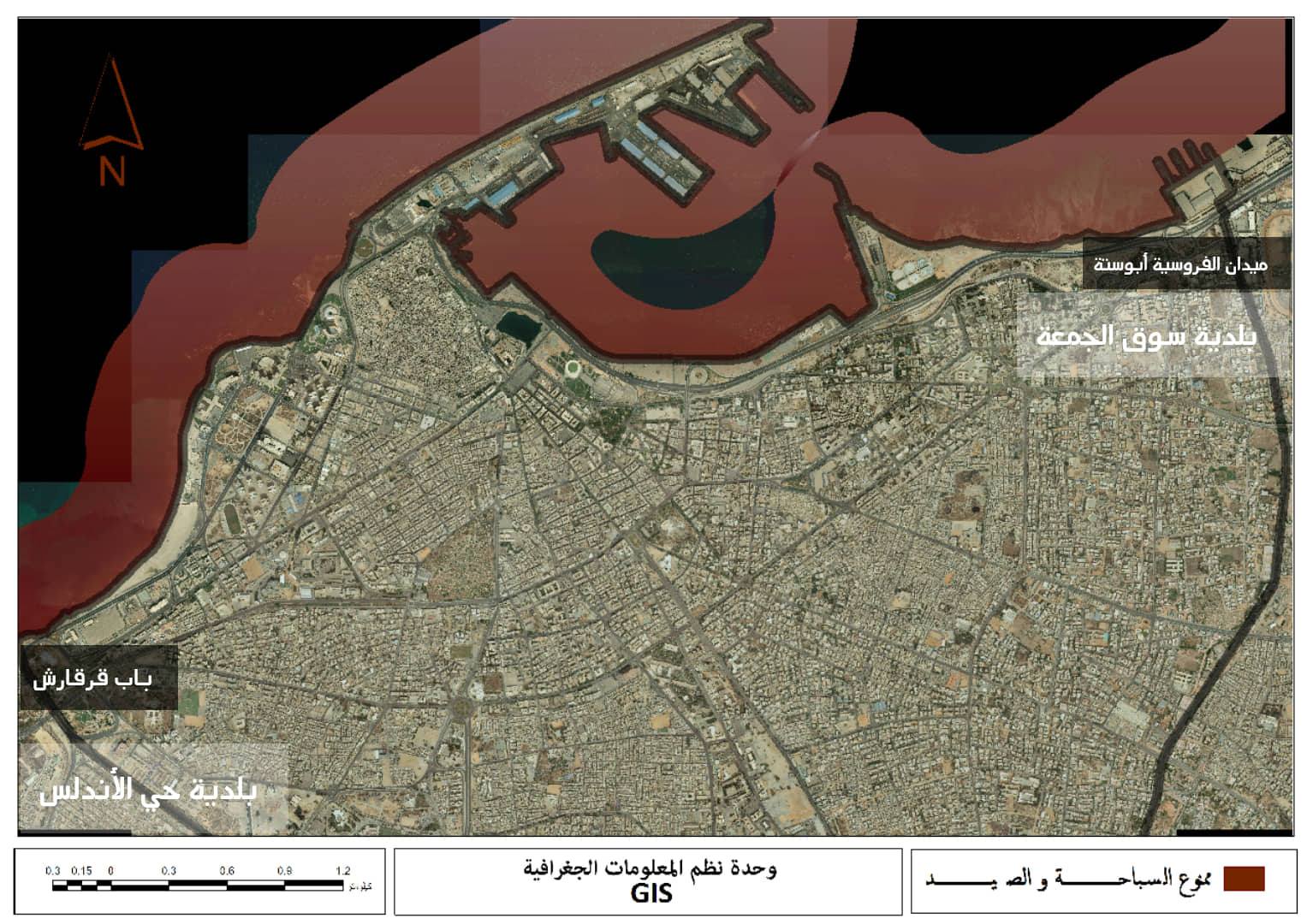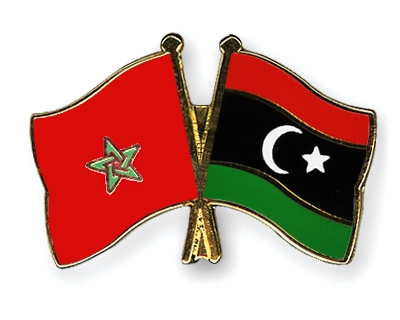By Sami Zaptia.
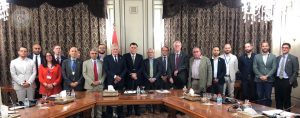
London, 12 June 2019:
The international fact-finding delegation to Tripoli of NGO’s, politicians, academics and journalists led by the London-based International Centre for Relations and Diplomacy (ICRD) and Paris-based Institute for European Prospective Security (IPSE) stressed that it never claimed it was an ‘‘official’’ European delegation.
The response came after it received much analysis and criticism in Libyan social and regular media during its two-day trip to Tripoli 9-10 May.
The ICRD describes itself as an independent, non-profit and non-partisan think-tank organisation based in Brussels and London with an international operation.
Speaking to Libya Herald by phone from Tunis yesterday, ICRD President, Sameh Habeeb said that his fact-finding delegation had no agenda and had never claimed it was an official body representing the EU or the UN. He also stressed that the mission was their own initiative and not prompted by any Libyan side.
Even the Faiez Serraj Presidency Council referred to the delegation as a high level ‘‘European’’ delegation when it clearly included an American citizen representing The Economist.
In fact, the 28-member delegation contained 14 nationalities from the UK, USA, France, Italy, Malta, Greece, Denmark, Spain, Portugal, Poland, Hungary, Turkey, Cyprus and Bosnia Herzegovina.
The delegation met several political representatives in Tripoli including Presidency Council head Faiez Serraj, High State Council president Khaled Mishri and UNSMIL head Ghassan Salame. They also met several NGOs and political parties.
Habeeb stressed that while they had to coordinate with the internationally recognized government of Faiez Serraj for visa and logistical purposes, they had set their own timetable and agenda while in Tripoli.
Habeeb also said that the delegation would have been larger and included standing parliamentarians had it not been for the perceived security situation in Tripoli which meant many potential delegation members did not receive security clearances to travel from their countries.
Regarding the delegation’s ‘‘independence’’ Habeeb said that they wish to meet with representatives from eastern Libya prior to completing their report – which will then be published for public scrutiny. Their attempt to rendezvous with eastern Libya representatives in Tunis this trip did not materialize.
Habeeb said he was pleasantly surprised at how ‘‘normal’’ Tripoli appeared and that he saw no obvious signs of war. He also felt that Tripoli seemed much safer than it was advertised.
Here is the list of the members of the delegation:
Political
1- Ambassador James Moran – Centre for European Policy Studies – UK
2- Ioannis Mouzalas – Former Minister – Greece
3- Montesquiou Fezensac – Former Senator & MEP – France
4- Khalid Chaouki – Former MP – Italy
5- Emmanuel Dupuy – IPSE- France – Delegation leader
6- Colonel Martin Cauchi Inglott – Partitu Demokratiku – Malta
7- Jean Paul Fabri – Former government adviser – Malta
8- Sarina Klaumann – Enhedslisten Party – Denmark
9- Kadar Barnabas – Momentum Party – Hungary
10- Quentin Delarue – MEP – France
Academics / Researchers
11- Kader Abderrahim – IPSE, Science PO – France
12- Barah Mikael – Strategia – France/Spain
13- Leslie Varenne – IVERIS – France
14- Arturo Varvelli – ISPI – Italy
15- Felipe Pathe Duarte – Oxford University – Portugal
16- Stella Athanassoulia – ICRD London – Greece
Media
17- Jedrzej Winiecki – Polityka newspaper – Poland
18- Agnieszka E. Rakoczy – Polish State Radio – Poland
19- Orestis Tringides – Radio Mayis Cyprus – Cyprus
20- Romain – Mielarcek – RFI Brussels – France
21- Frederik Geldof – Muslim Post Tunis – France
22- Voros S. Valasz – Valasz Online Budapest – Hungary
23- Nicolas Pelham, The Economist – UK
24- Roger McShane – The Economist – USA
25- Sara Firth – TRT World – UK
26- Suad Fazlic – TRT World – Bosnia Herzegovina
27- Elif Bininci – Daily Sabah – Turkey
28- Pelle Lykkebo – Danish Broadcasting Corporation – Denmark
29- Sameh Habeeb – ICRD President – Delegation Coordinator – UK
